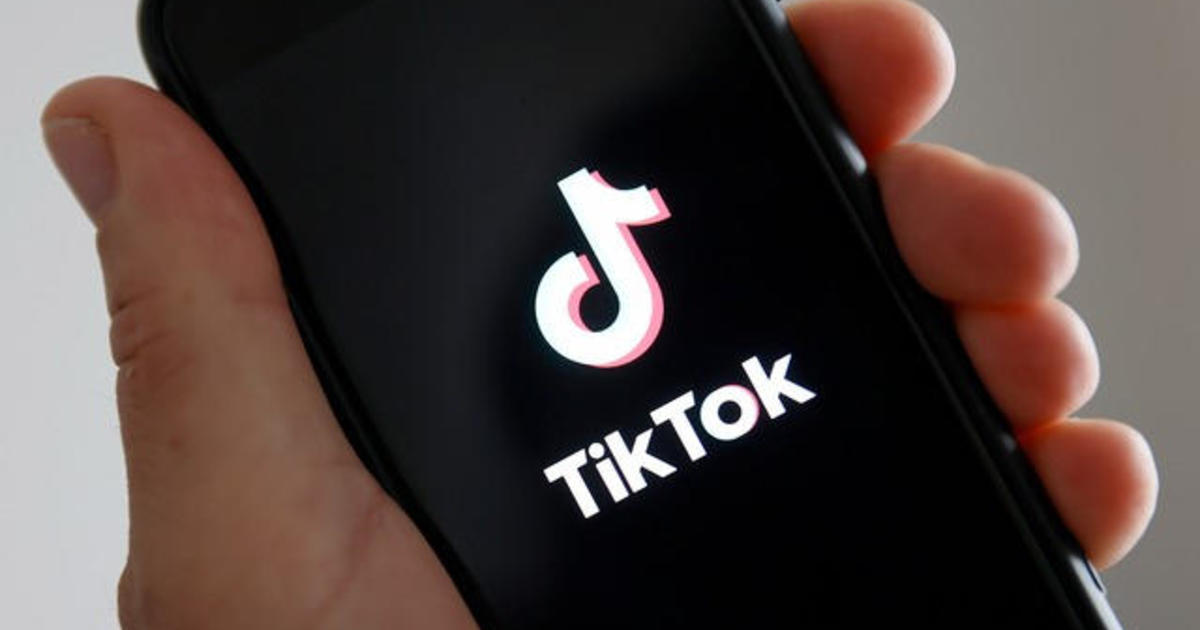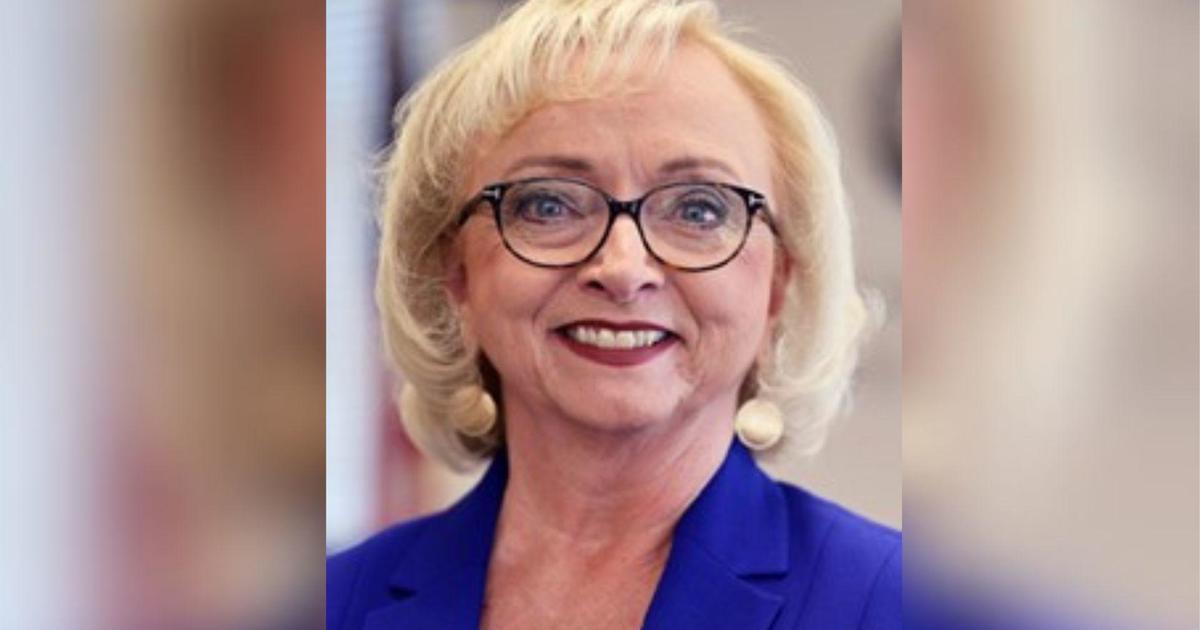A Federal Program To Ease Access To COVID-19 Antivirals Rolls Out, But Pills Have Been Going Unused In Many Parts Of The United States
(CNN) -- The man came to the ER at Charles Regional Medical Center in La Plata, Maryland, wide-eyed and scared.
He couldn't catch his breath. He was middle-aged, overweight and unvaccinated. He had also recently tested positive for Covid-19.
Two weeks earlier, a doctor who had diagnosed the man during an urgent care visit had noted his risk factors and prescribed a new drug: Paxlovid, an antiviral pill that in clinical trials cut a person's the risk of hospitalization or death from Covid-19 by nearly 90% compared with a placebo.
But the man hadn't taken it because he couldn't find it.
"He said, 'I went to a couple of pharmacies, and they just didn't have it,' " said a doctor who later treated him in the ER. The doctor asked not to be named because he didn't have permission from his employer to speak about the case.
A CT scan revealed that a massive clot called a saddle embolism was choking off the blood supply to the man's lungs. The doctor had no doubt that the cause of the rare clot was the man's untreated Covid-19 infection. Quick treatment saved the man's life. "He was extremely lucky to survive," the doctor said.
Paxlovid and another Covid-19 antiviral pill, Molnupiravir, were widely hailed as pandemic game-changers when the US Food and Drug Administration authorized them in late December. Taken within the first five days of Covid-19 symptoms, they can sharply reduce illness severity.
Seizing on the potential of these new therapies, the federal government ordered at least 23 million courses of these medications -- 20 million of Paxlovid and more than 3 million of molnupiravir -- at a cost of more than $1 billion.
This week, the federal government is launching a program called test-to-treat that aims to improve access to the medications by creating one-stop locations where people with Covid symptoms can take a rapid test, get their results within minutes, see a clinician and leave with a course of the medication to take at home.
The program was needed because although the federal government has been shipping treatment courses to states, access to the pills quickly became unequal.
While a doctor in Delaware scours the internet and spends hours calling local pharmacies to try to find the pills for her patients, courses of the drugs sit unused on pharmacy shelves in Mississippi -- leading Dr. Thomas Dobbs, the state's public health officer, to plead with physicians and patients to use them.
The government has been distributing these scarce treatments to states based on the size of their populations and their Covid-19 infection rates. And although states can shift unused supplies within their own borders, there's no plan to redistribute unused doses from states that have a surplus, like Mississippi, to those that are going without, like West Virginia, which has used 84% of its allotted doses of Paxlovid through March 7.
"Holy smokes! I could use some of that," said retired Maj. Gen. James Hoyer, director of West Virginia's Joint Interagency Task Force, after learning how many doses of Paxlovid other states still have on hand.
"We use our entire allocations every week, and we could probably use an additional two to three times what we receive," Hoyer said.
No plan to redistribute unused pills
In the past, if states weren't using all their supplies of infused therapies like monoclonal antibodies, they could decline their allotment, and the federal government could sweep unused Covid-19 therapies back into a federal pool, where it could be claimed by other states, said Michael Ganio, senior director of pharmacy practice and quality at the American Society of Health Systems Pharmacists.
"Because of the high demand for these drugs and because of how limited the supply is, by not sweeping it, it makes sure that states still have access to that amount," Ganio said.
That gives the states some certainty with regard to supply, but it comes at the expense of flexibility and access for areas that are going without.
"It's really, really frustrating from an ICU doc perspective," said the Maryland doctor who treated the man with the serious blood clot. "I should be able to prescribe it to my family members, like I do with Tamiflu, and it should be available at every CVS in the country. I just don't understand why it's not."
Test-to-treat may bring this ideal closer to reality. For the first time, pharmacies will be able to order their own supplies of the pills from the federal government, without having to go through states.
In its latest weekly update, the US Department of Health and Human Services Assistant Secretary for Preparedness and Response, or ASPR, said the supplies of pills to stock the test-to-treat program will come from a separate federal cache of drugs that will not affect current state allocations. Test-to-treat will also ship pills directly to pharmacies serving long-term care facilities.
Pharmacy chains will choose where the pills should go, however, rather than the federal government or states.
Although the program officially gets underway this week, it may take some time to get it up and running, and it's not clear where stores that participate in the program will be located.
In many states, lifesaving pills go unused
Until test-to-treat becomes widely available, however, states will continue to be the main distributors of antivirals pills.
A CNN analysis of data collected from state health departments shows big differences in availability of these medications.
Washington and New Jersey report using nearly all available supplies of their Paxlovid, for example, but Minnesota, Mississippi and Utah still have more than three-quarters of their allocated supplies.
Providers are tasked with reporting daily usage of these therapeutics into the federal government, and HHS shares this data in a "public therapeutics locator."
The federal data, however, is notably incomplete. Thousands of providers last updated usage more than a month ago, and some states told CNN that some providers have not reported this information at all.
"It's really frustrating," said Dr. Tete Tonwe, who runs a family practice clinic called Divergent Primary Care in Milford, Delaware.
Despite regularly searching the government's therapeutics locator database, networking with other doctors and calling pharmacies, Tonwe says, she still hasn't been able to find this drug to treat her high-risk patients, though she recently heard that a physician friend was able to find some.
"I just want to help people feel better," she said.
"When something like this drug -- which is as close to a cure as you get with a virus -- exists, but it's not available here and it's being wasted elsewhere, it's just really, really kind of like a moral injury," she said.
The Delaware Department of Health and Social Services says the state gets enough Paxlovid every two weeks to treat 200 people. Mississippi has enough Paxlovid sitting unused on pharmacy shelves to treat 2,846 people, according to the state Department of Health.
"The test-to-treat program should reach more people creating convenience for our citizens. We are communicating with our partners and providers to determine resources they would need to implement this statewide," wrote Timothy Turane, a spokesperson for the Delaware Department of Health and Social Services, in a statement to CNN.
Although some states are reserving their limited supplies of the drug to treat only those at highest risk of severe consequences, Mississippi is making the medications available to anyone with a positive Covid-19 test and a prescription.
"We have unused tools in our toolbox, and we want to make sure that everyone is aware that they are available and can help save Mississippi lives," Dobbs said at a recent news briefing.
Though the pace of new infections is slowing nationwide, 78% of US counties are still reporting substantial or high rates of transmission, according to CDC data.
Almost 45,000 new Covid-19 infections reported each day in the United States, yet about half of Covid-19 therapeutics are still going unused, according to ASPR.
Overcoming hurdles to prescribing the drugs
The reasons why these lifesaving treatments have been underutilized are complex.
Molnupiravir causes the genetic material inside the virus to make mistakes as it copies itself, essentially mutating the virus to death. Because of the way the drug works, there's some fear that it may also mutate the DNA in rapidly dividing cells. Animal studies have suggested that it might interfere with bone formation, so it's not supposed to be used in anyone younger than 18. It's also not recommended for women who are pregnant, since there's a risk of birth defects.
In clinical trials, molnupiravir was less effective than Paxlovid, cutting the risk of a Covid-19 hospitalization by 30%. That led many doctors to question whether the risks for some people are worth its benefits.
Paxlovid, a pill that combines two medicines, interacts with drugs in 32 classes of medications, including antidepressants, antibiotics, antipsychotics and blood pressure medications. These interactions make it tricky to prescribe.
"The sicker people who qualify for it are also more likely to have drug interactions, so we have to be more cautious of it," says Dr. Mark Horne, immediate past president of the Mississippi State Medical Association.
Horne says he recently tried to prescribe Paxlovid for a 94-year-old patient, and although he could have temporarily stopped his patient's cholesterol medication, he didn't feel like he could stop a different heart medication his patient was taking that would have interacted. Instead, he had to call around until he found a dose of the monoclonal antibody sotrovimab, which came from a neighboring state.
Another obstacle is that doctors just aren't aware of the medications or don't feel familiar enough with how they work to confidently prescribe them.
Dobbs, the state health officer for Mississippi, says this happened with monoclonal antibody infusions, too.
"They were available for many months before we had robust use in the state of Mississippi," Dobbs said.
Once a prescriber has found a patient who can safely take one of the new antiviral drugs, they have to locate it. Even with the pills becoming more plentiful, the medications can still be difficult to find.
Rod Hilton, a 40-year-old software developer from Denver, recently drove three hours round-trip to fill his Paxlovid prescription.
Hilton has an underlying health condition, and says he and his wife are very Covid-conscious. They pulled their two young children out of school through the winter holidays to try to protect them from infection. Then, when the family couldn't stand doing work and school from home any longer, their 5-year-old ended up catching Covid-19 on her first day back to school.
"Then it was just one by one dominoes," he says. His 3-year-old got sick, then his wife, "and then I caught it."
Normally, their family doctor phones in their prescriptions to a nearby pharmacy. This time, though, he handed Hilton his prescription on a piece of paper because he'd already written 14 prescriptions for Paxlovid. They'd all gone unfilled.
Knowing that he had to take the medicine quickly for it to be effective, Hilton sat in the parking lot of his doctor's office -- congested and with a throbbing headache -- and started searching for pharmacies that might have it. Walmart was out across the state. The he found the Covid-19 Therapeutics Locator website and started calling. Finally, he found some at a hospital pharmacy in Greeley, a 90-minute drive north into the mountains.
Hilton says the drug was worth the trip. The day he filled his prescription, he was in rough shape. He took his first dose that night. "Within 24 hours, it was gone," he says.
Hilton and his wife are both vaccinated. She got Covid-19 before he did. Hilton recovered completely within a day of starting Paxlovid, but his wife was sick for more than a week after he recovered.
Hilton knows he was lucky. Even sick, he had the means and time to find a pharmacy where he could get his pills. Not everyone is able to do that.
'We're not done with treatment'
"The prescribing process is what kind of took the shine off the medications," said Dr. Jane Wainaina, an infectious-disease specialist and medical director of the antimicrobial stewardship progam at Froedtert Hospital in Milwaukee.
Wainaina said that although the pills -- particularly Paxlovid -- looked in their clinical trials like they could deal a crushing blow to the pandemic, they have been harder to use in the real world.
"We've been able to supply oral antivirals to every patient that qualified and wanted their treatment," she said, but not many do. At her hospital, only about 30% of the people the hospital has deemed eligible to take the pills have responded to an initial phone call. And of that group, only about half end up taking them.
Wainaina says many patients feel wary about taking a medication that's not fully approved by the FDA. Both antiviral pills are available through an emergency use authorization, which requires a lower standard of evidence to bring a treatment onto the market.
She says timing also presents some challenges.
"We're offering these medications early because that's when they work. At that point, many people are not feeling unwell. They're like, 'Why do I need to take a medication? I don't feel that bad. It's just a cold,' " she said.
These drugs are good, she said, but they don't check all the boxes.
"We're not done with treatment. We're going to have to continue to work and study in order to stay somewhat ahead of the virus as far as effective treatments go," Wainaina said.
The-CNN-Wire
™ & © 2022 Cable News Network, Inc., a WarnerMedia Company. All rights reserved.



